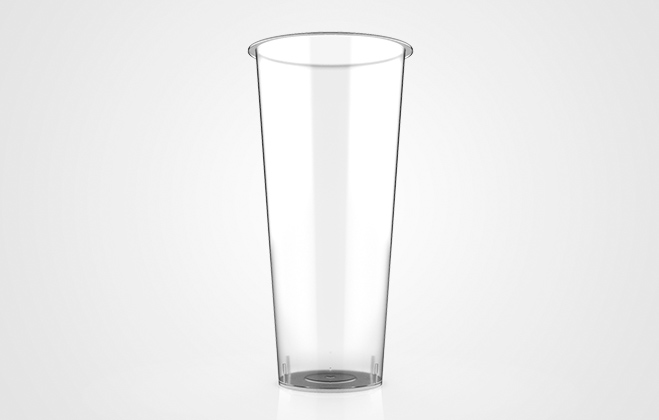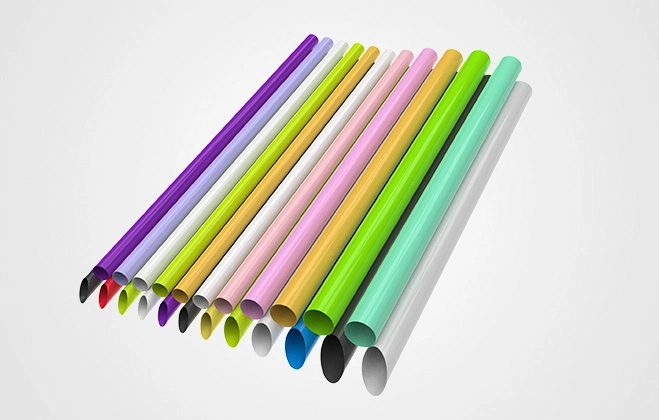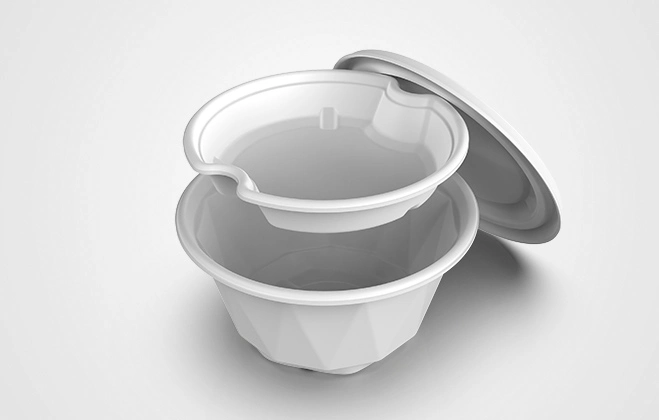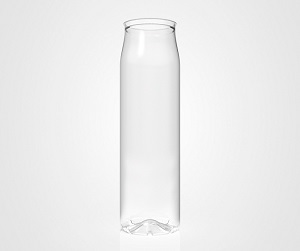Indonesia will completely ban single-use plastic products, including polystyrene foam used for food packaging, disposable plastic straws, plastic cutlery, and plastic shopping bags, by the end of 2029, according to an announcement made by Indonesia's Minister of Environment and Forestry, Siti, on Monday, June 5th. She stated that this is a way to deal with packaging waste that is difficult to collect and recycle, has no economic value, and can potentially pollute the environment.
Indonesia is one of the largest producers of plastic waste globally. Official data from Indonesia shows that in 2022, with a population of 270 million, the country generated 12.6 million tons of plastic waste, equivalent to 46.7 kilograms per person. A study by the environmental organization "Zero Waste Indonesia Alliance" pointed out that only 9% of Indonesia's plastic waste is recycled, while the rest either ends up in landfills or flows into rivers and oceans.
To address the severe problem of marine plastic pollution, Siti revealed that the central government will require each province to develop a roadmap to reduce plastic waste in order to implement this ban. She also emphasized the need for the private sector to play a role in reducing plastic waste. She requested that all manufacturers reduce their use of plastic packaging by 30% by 2029 to mitigate downstream plastic waste issues.
The Indonesian government has already introduced several regulations to reduce plastic usage. For example, in 2019, authorities mandated that plastic producers must develop a roadmap to reduce waste in their products.
Other Southeast Asian countries are also striving to tackle the issue of plastic waste. The Malaysian government announced in May that it plans to completely ban the use of plastic bags by businesses no later than 2025.
On the other hand, the Philippines produces 60,000 tons of solid waste per day, a significant increase compared to 16,000 tons in 2016. Of this 60,000 tons, 30% to 40% is plastic waste. The Philippine Secretary of Environment and Natural Resources, Roy Cimatu, stated on Monday that the Philippines has not been successful in reducing the use of single-use plastics. He described it as a social problem that needs to be addressed in order to solve the issue of single-use plastic usage. He also urged large companies that use plastic packaging to take responsibility and find sustainable alternatives.
Thailand is also facing the problem of plastic waste polluting the oceans. Data from Thailand's Pollution Control Department shows that in 2022, 25.7 million tons of solid waste were generated, a 2.8% increase compared to the previous year. The use of disposable plastic packaging, driven by food delivery and online shopping, exacerbates the problem. The Pollution Control Department predicts that as the number of tourists steadily increases, the total amount of waste in Thailand will continue to rise. Thon Tanlonnavasawad, an ocean ecologist at the Fisheries Faculty of the Thai Agricultural University, said, "One important approach to addressing marine debris is to implement mandatory waste management, charge fees to companies producing non-degradable waste, and enhance the market competitiveness of biodegradable and recyclable products."
The Thai government has launched an action plan for waste management, aiming to gradually phase out single-use plastic products and polyethylene terephthalate (PET) food packaging, and will also ban all plastic waste imports starting from 2025.
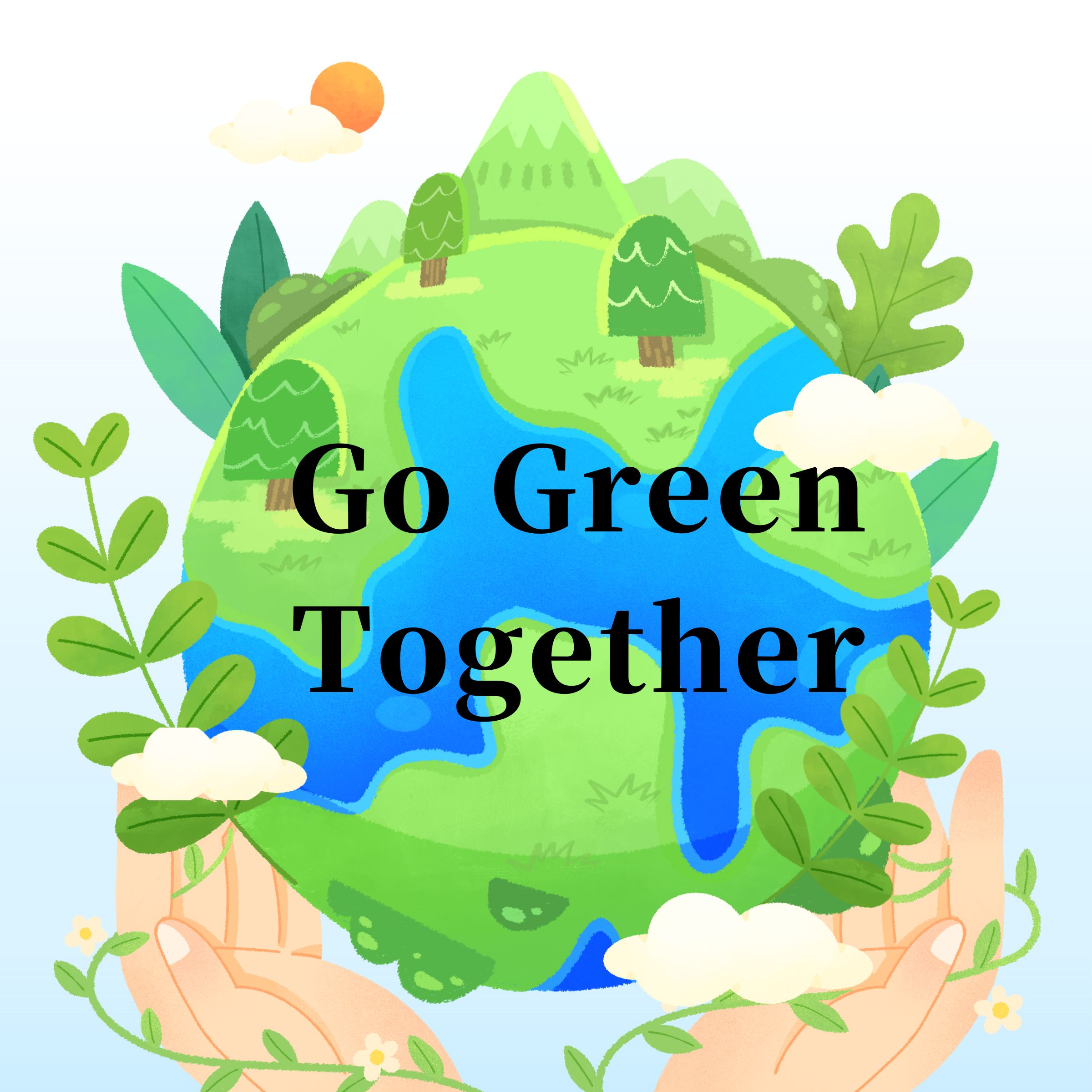
 English
English 日本語
日本語 한국어
한국어 français
français Deutsch
Deutsch Español
Español русский
русский português
português العربية
العربية ไทย
ไทย Malay
Malay